Project Team
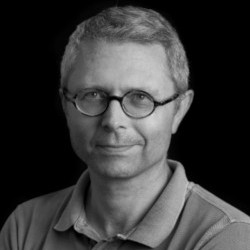
Prof. Marco Madella
Prof. Marco Madella is an ICREA Research Professor at Universitat Pompeu Fabra, Barcelona. He is interested in the socio-ecological dynamics of plant resources exploitation and food production. His background is in archaeobotany and environmental archaeology, and his research explores the trajectories of social change and co-evolutionary processes by modelling and simulation. Prof. Madella's main interest is in long term trajectories of biodiversity and sustainability, especially in arid or hyper-wet environments. His research is based in South Asia, Turkey, Brazil and South Africa.
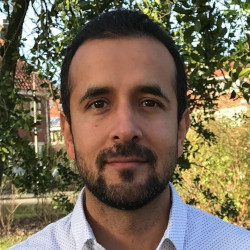
Dr. Sebastian Fajardo Bernal
Dr. Sebastian Fajardo is an archaeologist engaged in the analysis of long-term relationships between collective action, community formation, settlement patterns, and landscape. These questions are approached using quantitative and qualitative material analysis, geospatial analysis, soil analysis, network analysis, and computer modelling. His previous research compared the creation, adaptation, and sustainability of human communities in Andean and Caribbean landscapes. He also has extensive experience in environmental assessment, stakeholder management, and cultural heritage management.
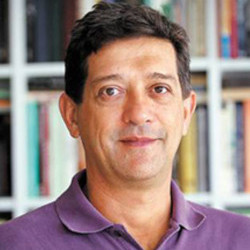
Prof. Eduardo Goes Neves
Prof. Eduardo Neves is a Professor of Archaeology at the University of São Paulo, Brazil. He directed the Central Amazon Project in the Brazilian Amazon. His current area of research is southwestern Amazonia, at the current border of Bolivia and Brazil, where he has been studying middle Holocene occupations on fluvial shell mounds, as well as the archaeology of late pre-colonial mound building societies. Prof. Neves is a past president of the Brazilian Archaeological Society and has been visiting professor in several universities in the Americas and Europe.
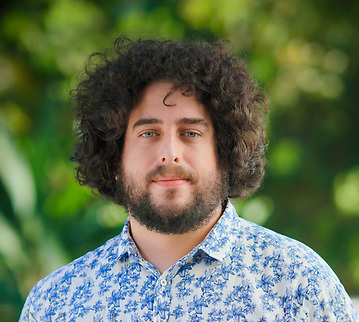
Prof. André Menezes Strauss
Prof. André Strauss is an archaeologist and geologist. He is a professor at the University of São Paulo, Brazil, and is the coordinator of the Laboratory of Archaeology and Environmental Anthropology. As a specialist in virtual archeology he works with the emergence of symbolic behaviour in South Africa and Lebanon. Dr. Strauss has collaborated with the Max Planck Institute, and was a pioneer in the extraction of ancient DNA and archaeological human remains in Brazil.
Prof. Luiz Eduardo Oliveira e Cruz de Aragão
Prof. Luiz Aragão is the leader of the TREES laboratory, National Institute for Space Research (INPE), Brazil. He is a full-time Scientist at the National Institute for Space Research (INPE), and is associated with the University of Exeter, UK, as a Senior Lecturer. Dr Aragão is an expert in tropical ecosystems and environmental sciences using Remote Sensing. His research focuses on carbon dynamics in forest ecosystems, climate and environmental change, ecosystem ecology and remote sensing of forest disturbances, including deforestation and fires.
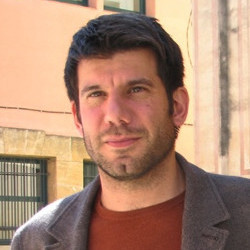
Prof. Hector Orengo
Prof. Orengo is an ICREA Research Professor at ICAC, an Honorary Research Associate at the McDonald Institute for Archaeological Research at Cambridge and co-direct the Landscape Archaeology Research Group (GIAP) at ICAC. He currently works on a wide range of landscape-related topics. His research has mainly focused on the analysis of human-landscape dynamics in Mediterranean environments and beyond. Prof. Orengo is also interested in theoretical approaches to the study of landscapes. During the last years he has developed extensive research on computational archaeology that includes but is not restricted to GIS and remote sensing techniques, field survey and site detection methods. He is currently working on the application of machine learning to archaeological research using cloud computing and big data sources (mostly multisource multitemporal satellite data, drone imagery and lidar).
Dr. Juan Carlos Vargas Ruiz
Professor Juan Vargas is a researcher in the Anthropology Department at the Universidad del Magdalena in Colombia. He is interested in social complexity, settlement patterns, agroecology, and social conflict. His current research compares the socioecological systems of the prehispanic societies from the North of South American lowlands and the Caribbean region in Colombia using qualitative and quantitative methods.
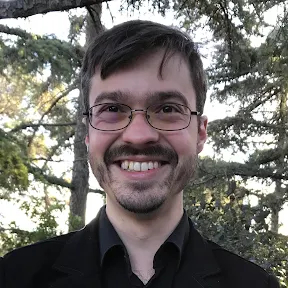
Dr. Jonas Gregorio de Souza
Dr. Souza is the Project Manager for MAPHSA. He completed his PhD at the University of Exeter, UK, and later worked as a Marie-Curie fellow at Pompeu Fabra University, Spain. His research has focused on computer simulation of prehistoric demographic expansions and human responses to climate change across South America.

Dr. Alan Tapscott
Dr. Tapscott is the Database Administrator for MAPHSA. He has researched Human Computer Interaction and User Experience at Universitat Pompeu Fabra and symbolic Artificial Intelligence and Cognitive Science at Universidad Complutense de Madrid. He has also worked in the industry as data scientist, software engineer and technological consultant.
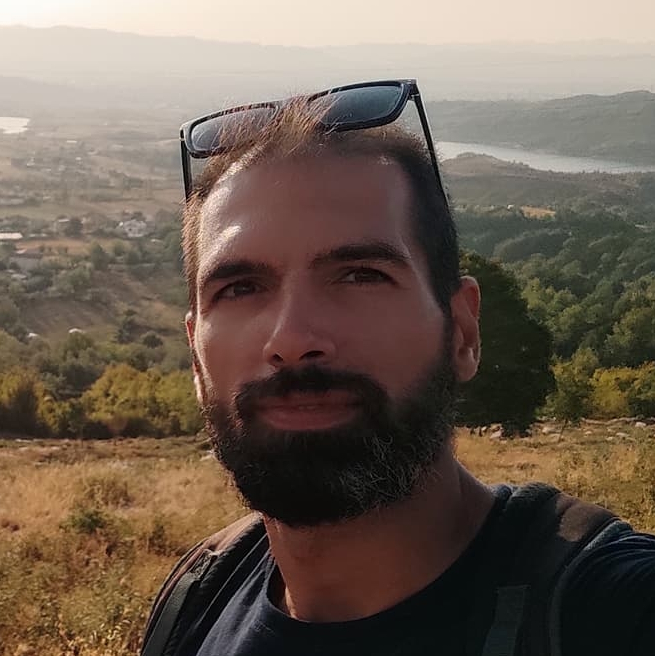
Dr. Marco Moderato
Dr. Moderato is a Project Researcher for MAPHSA. He completed his PhD in 2016 in Landscape Archaeology, and worked as a postdoc fellow at Chieti University (IT). His research interests range between GIS, settlement dynamics and spatial analysis, with a focus on the use and training on FOSS tools. He is member of several archaeological missions in India, France, Albania and the United Arab Emirates; he is also involved in historical and archaeological dissemination through the YouTube channel Accademia dei Pugni (https://www.youtube.com/@Accademia_dei_Pugni)
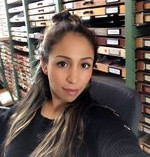
Dr. Shaddai Heidgen
Dr. Heidgen is a Project Researcher for MAPSHA. Her research interests cover a wide range of disciplines including sedimentology, biostratigtraphy but specially paleolimnology, micropaleontology and paleo-environmental reconstructions involving Human activity. In her Ph.D. project, she sought for an explanation between the relationship of climate and human occupation, depopulation and resettlements since the last 50,000 years.
